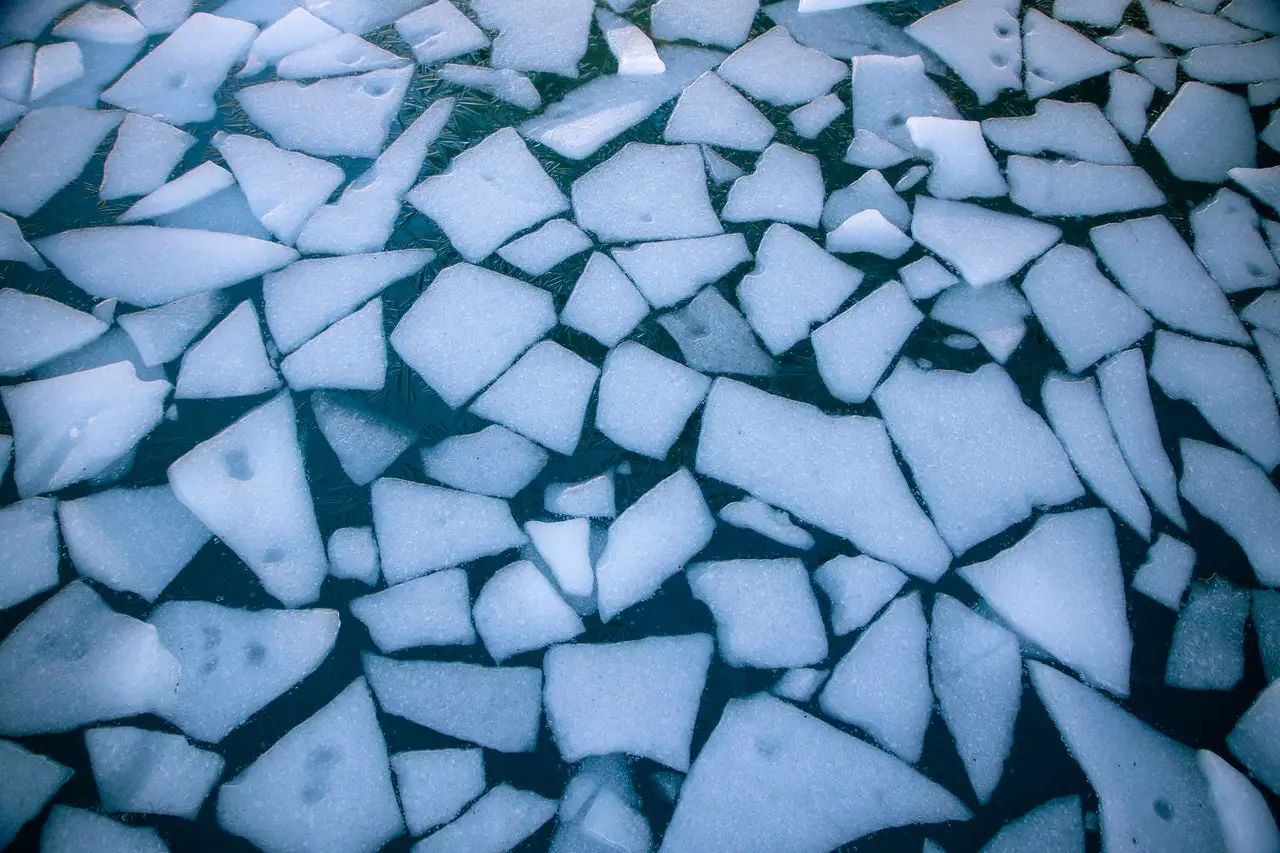Freezing is the most popular food preservation method in the world because it’s so easy and affordable. It’s a way to store up food for months and even entire years. Freezing greatly slows down the activity of microorganisms. And microorganisms are responsible for the spoilage of food.
But in this post, we’ll be looking at a new use case and will determine which of these two liquids (water & milk) freezes faster.
Let’s get started!
What Freezes Faster Water Or Milk?
Milk freezes faster than water, since it has lower freezing point (-0.550°C) than that of water (0°C).
In freezing, the water molecules form a crystal lattice, and leave smaller gaps between them, as compared to milk, which has a more viscous nature mainly because of the fat content present inside.
You can experiment with these products. One is non-fat milk and the other contains fat:
Take 3 cups of equal sizes and add:
- Non-fat milk in the 1st cup
- Fatty milk in the 2nd one
- And water in the 3rd
Make sure all the cups contain equal liquids to get the accurate results.
As we’ve already conducted the experiment and the results were:
Fat milk (freeze first)
Non-fat milk (freeze second)
Water (freeze third)
So according to the experiment milk freeze first than the water. But, there’s more to the story…
1. Fat Content
The fat content in milk actually affects how quickly the milk will freeze. The higher the fat content in a frozen milk product, the faster it’ll freeze, and the more likely it is to form ice crystals.
The rate of freezing is directly proportional to the number of ice crystals that form, which affects the texture of the frozen product. Now you know why milk that has a higher fat content takes way less time than the water.
2. Initial Temperature
You might have heard that milk freezes faster when you first pour it into a glass container than when it’s in a bottle.
The reason being the material in which milk is present can also play a significant role.
For example, most bottles are made of plastic. And plastic is a material which doesn’t get cold. So it can affect the results.
On contrary, the glass container can retain the coldness from outside temperature and can affect the temperature of the milk along the way.
So before you even put the milk inside the freezer the temperature might already be different cold.
One way to get rid of this problem is by checking the initial temperature for both the water and milk before you start to freeze.
3. Milk Type
The type of milk you use can affect how fast your milk will freeze.
One experiment found that skim will freeze faster than the whole milk. This is because of the milk fat content. Milk fat gives milk its creamy texture and it helps protect against various infections.
When the fat content is reduced, it makes the milk less likely to be frozen.
4. Placement
To keep the experiment neutral, store your milk and water at the same placement. Either:
- At the back of the refrigerator
- Or close to the door
The back is the coldest part of the refrigerator while the door tends to be the warmest part so if you want to freeze the liquids immediately we recommend placing them at the back section of your freezer.



